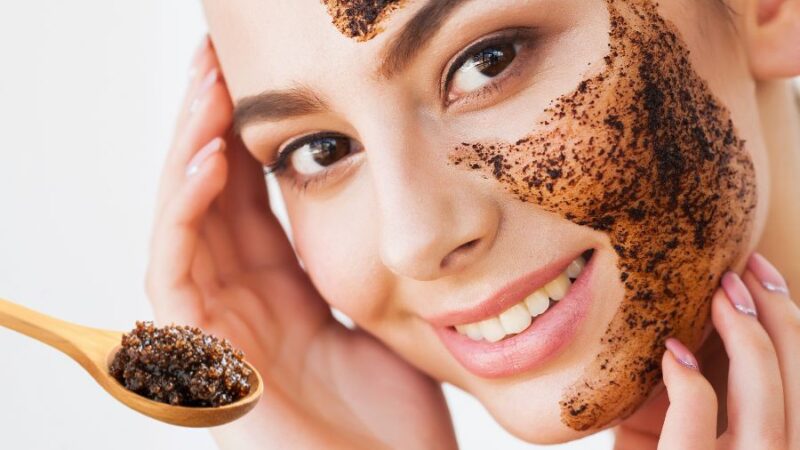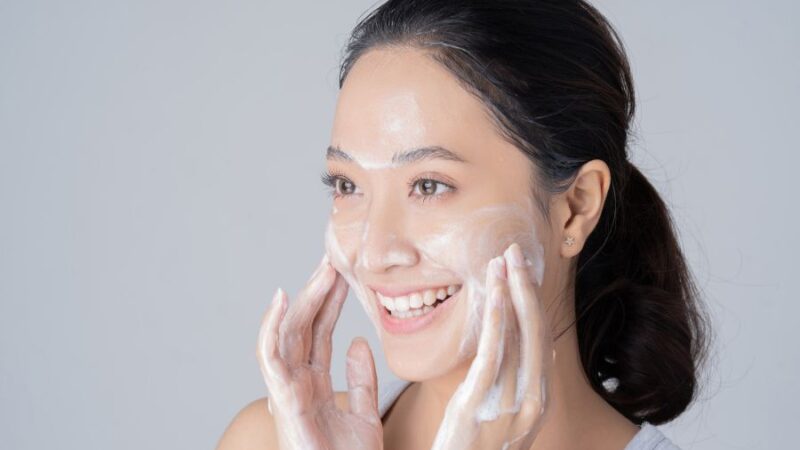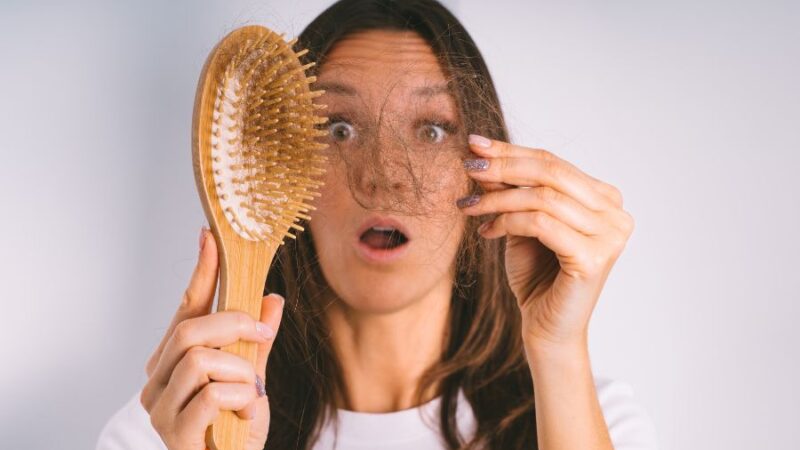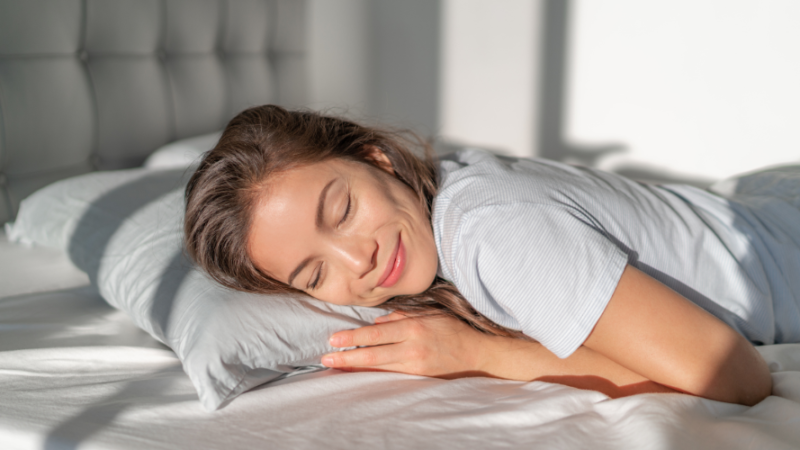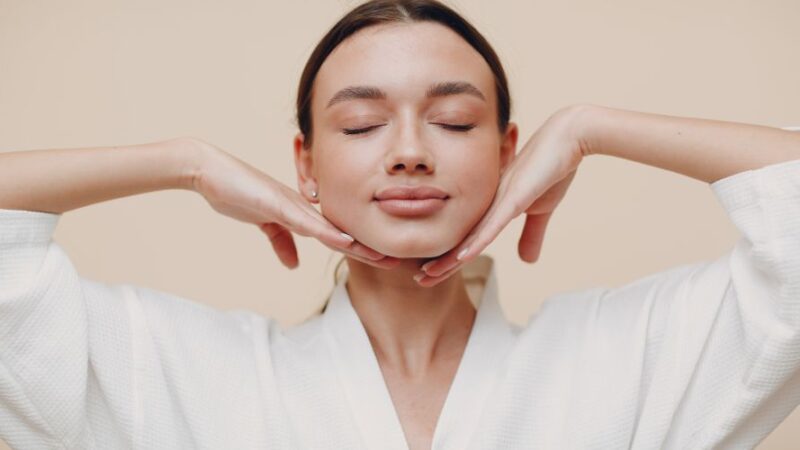Effective Acne Treatment for Teens

Struggling with teenage acne? You’re not alone. The adolescent years are a whirlwind of change, both physically and emotionally, and pesky pimples often decide to make an unwelcome appearance.
Acne is a common rite of passage for many teenagers, but that doesn’t make navigating it any less challenging. The physical and emotional toll of acne can be particularly impactful during the formative teenage years.
Debunking Myths
Teenagers often come across a myriad of acne myths that can hinder their ability to manage their condition effectively. Debunking these myths is essential for implementing a successful treatment plan:
Myth: Popping Pimples Clears Them Faster
Reality: Popping pimples can lead to scarring, infection, and prolonged healing time. It’s best to resist the urge and let them heal naturally.
Myth: Sun Exposure Clears Acne
Reality: While sun exposure may temporarily improve acne, it can lead to long-term damage and worsen the condition. Always use sunscreen to protect the skin.
Myth: Harsh Scrubbing Eliminates Acne
Reality: Aggressive scrubbing can irritate the skin and exacerbate acne. Gentle cleansing is more effective in maintaining skin health.
Causes of Acne
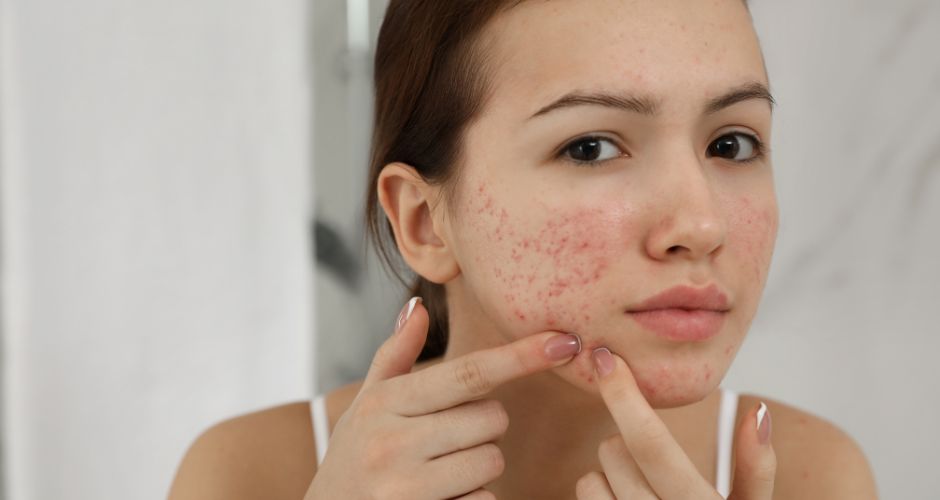
Acne is a common skin condition when hair follicles become clogged with oil and dead skin cells. Several factors contribute to the development of acne, and understanding these causes is essential for effective prevention and treatment. Here are the primary causes of acne:
| Hormonal Changes | One of the leading causes of acne is hormonal fluctuations, particularly during puberty. Increased production of androgens, male sex hormones that both males and females produce, stimulates the sebaceous glands to produce more oil (sebum). This excess oil can lead to clogged pores and acne lesions. |
| Excessive Oil Production | Sebaceous glands in the skin produce an oily substance called sebum. When there is an overproduction of sebum, it can combine with dead skin cells and block hair follicles, creating an environment conducive to acne development. |
| Bacterial Growth | The presence of a bacterium called Propionibacterium acnes (P. acnes) on the skin is normal. However, when hair follicles become clogged, P. acnes can multiply, leading to inflammation and acne lesions. |
| Clogged Hair Follicles | Dead skin cells not shed properly can accumulate and mix with sebum, clogging hair follicles. This creates an ideal environment for the growth of bacteria and the development of acne. |
| Inflammation | Inflammation plays a key role in the progression of acne. When the follicle wall ruptures, the body’s immune response is triggered, leading to redness, swelling, and pus formation. |
| Genetics | A family history of acne can increase the likelihood of developing the condition. Genetic factors can influence how the skin responds to hormonal changes and inflammation. |
| Dietary Factors | While the relationship between diet and acne is still under study, some research suggests that certain dietary factors, such as a high glycemic index diet (rich in sugary and processed foods), may contribute to acne development. |
| Environmental Factors | Exposure to certain environmental factors, such as pollution and high humidity, can affect the skin and potentially contribute to acne. |
| Cosmetic and Skincare Products | Some cosmetics and skincare products may contain ingredients that can clog pores or irritate the skin, leading to acne. It’s important to choose non-comedogenic products. |
| Friction and Pressure | Constant friction or pressure on the skin, such as from tight clothing or leaning on the face, can exacerbate acne, especially in areas prone to breakouts. |
Effective Acne Treatment for Teens
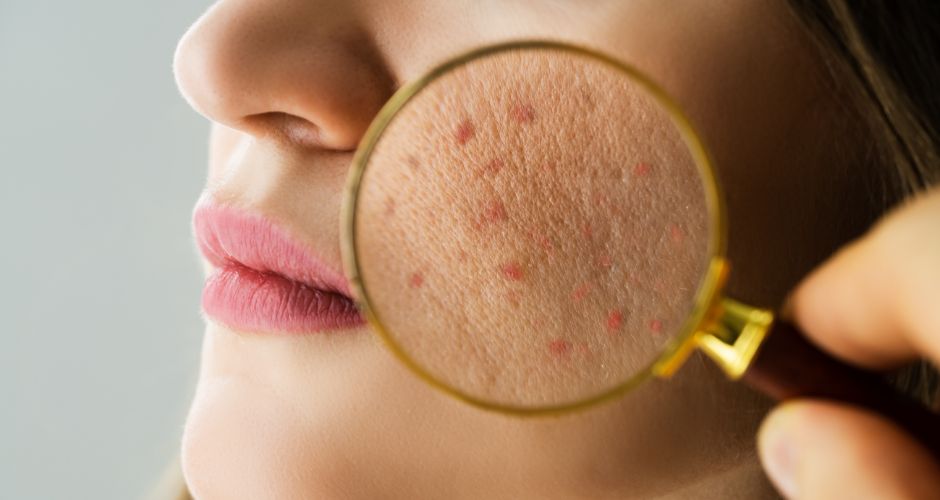
With the right approach, acne is a manageable condition. Effective acne treatments tailored specifically for teenagers address skincare’s physical and emotional aspects.
| Gentle Cleansing | Start with a mild, non-abrasive cleanser to wash the face twice daily. This helps remove excess oil, dirt, and dead skin cells without irritating them. Harsh cleansers can strip the skin of natural oils, leading to increased oil production. |
| Topical Treatments | Over-the-counter topical treatments containing benzoyl peroxide or salicylic acid can effectively unclog pores and reduce inflammation. These products are widely available and can be incorporated into a daily skincare routine. |
| Avoid Picking and Popping | While it may be tempting to pop pimples, it can lead to scarring and prolonged healing. Encourage teens to resist the urge and let blemishes heal naturally. Picking at the skin can also introduce bacteria, worsening the condition. |
| Moisturize Regularly | Even acne-prone skin needs hydration. Choose a light, non-comedogenic moisturizer to maintain skin balance. Hydrated skin is better equipped to heal and resist irritation. |
| Sun Protection | Protecting the skin from harmful UV rays is crucial. Use a broad-spectrum sunscreen with at least SPF 30, especially when using acne medications. Sun exposure can worsen acne and cause long-term damage. |
| Healthy Diet Choices | While the link between diet and acne is complex, promoting a balanced diet with plenty of fruits, vegetables, and whole grains benefits skin health. Encourage teens to minimize their intake of sugary and processed foods. |
| Regular Exercise | Physical activity promotes circulation and helps flush out toxins from the body. However, it’s essential to shower and cleanse the skin after sweating to prevent pores from becoming clogged. |
| Consult a Dermatologist | If over-the-counter treatments prove insufficient, or if acne is severe, consult a dermatologist. They can prescribe prescription-strength medications such as topical retinoids or oral antibiotics tailored to the individual’s needs. |
| Manage Stress | Stress can exacerbate acne, so encourage teens to incorporate stress-management techniques into their daily routine. This could include activities such as yoga, meditation, or simply finding time for hobbies they enjoy. |
Teenage years are a time of self-discovery, and dealing with acne can be a part of that journey. By adopting a consistent and gentle skincare routine, making healthy lifestyle choices, and seeking professional guidance, teens can effectively manage acne and cultivate a positive relationship with their skin.

